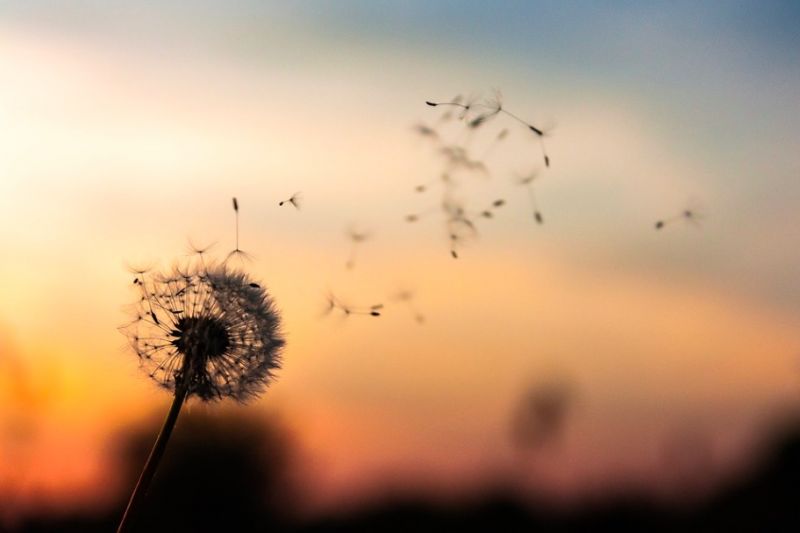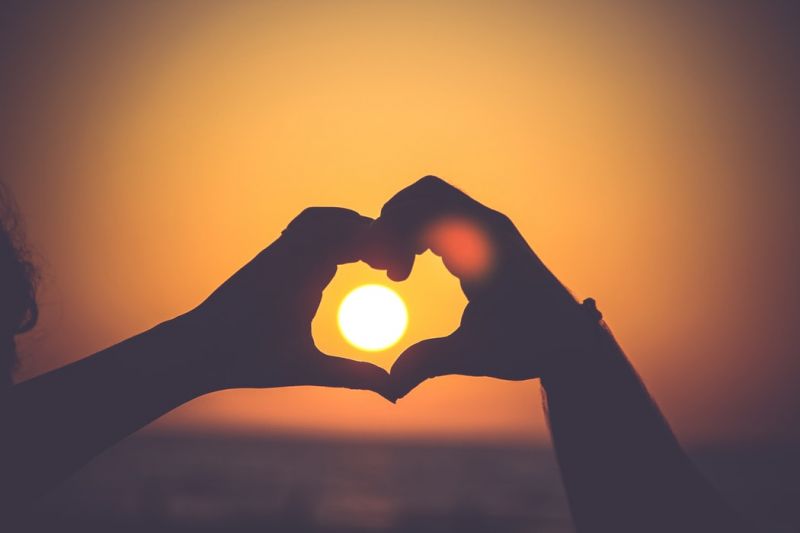A Day Of Compassion
[Diya, my 13-year-old, took a class in social psychology. The teacher asked her to spend 'a day in compassion' write an essay on her experience. Below is her essay.]
A Day in Compassion, by Diya Mehta

We stay at home. We wait. The time passing seems to pass us through. As we stay in our homes we wait for the virus to pass, for the sick to get healthy. All while inside the walls of our houses, we become angry and irritated at our families who are just there to look out for us. This is how it is in our family at least. I am doing the same, but for just one day, one day I was told to be compassionate. I was told to do something other than sit around in my house. And seeing as I had tried to do this before, and it did not work, I knew I had to try again. So I spent twenty-four hours being as kind and compassionate as possible. From this experience, I learned about myself as well as others, and as I was reviewing the journal I recorded that day, I noticed a few themes that popped up which were certainly not something that I would do or notice on a normal day. Firstly, I was happier overall, I could feel that when I gave kindness to the world, the world boomeranged it straight back to me. Secondly, my happiness reflected on the people I am closest with, and lastly, I started to more freely do compassionate acts, without unnecessary worry that the kindness would backfire.
Kindness is addictive. This is because “kindness can promote gratitude. You are kind to others in need; having that awareness then heightens the sense of your own good fortune. Kindness promotes empathy and compassion; which in turn, leads to a sense of interconnectedness with others” (Shoba Sreenivasan, Ph.D., and Linda E. Weinberger, Ph.D.). People want to feel connected with others, and therefore when kindness is introduced, the benefits displayed of feeling connected, and feeling praise from the community, outweigh the costs of giving up some extra time to make the world a more compassionate place. In my experience, kindness is something that is appreciated and associated with one’s disposition.
It is very hard to make the Fundamental Attribution Error when kindness is displayed because it benefits both people. The error may even occur when the bystander sees a kind act and congratulates the person on doing something that the situation had made them do, not out of the kindness of their hearts. Here is an example. In my day of compassion, one of the smaller acts that I did was bring tea to my family members. Even though it took a bit of time out of my day, and the extra work of going to ask, make, and deliver the tea, these were minor costs which in the long run, were inconsequential compared to the benefits of making myself and others around me happier.
The first reaction that I got was from my mom, she said: “Who are you, and what did you do with my daughter?” (Mehta). This reaction surprised me at first, but I ended up feeling really good. This feeling of goodness felt good to me, so I kept doing it, which ended up making others happy as well. People want to be in the in-group with people who are happy, as “the pursuit of happiness”(Declaration of Independence) is something that is a right, and something many strive to reach. Seeing others who are happy can make you want to be like them. A compassionate act can make both people happier, and therefore ends in an unexpected result. The reason I say unexpected is that people will, possibly subconsciously, think that being mean will make them happier. And upon seeing someone who is compassionate, may feel guilty. However, this can be turned around. A small amount of guilt from the bystander can push them to do something compassionate to someone else, creating a chain effect of compassion, and happiness throughout a community. The person who receives the compassionate deed also becomes more compassionate, as the original person did a good deed, something that is praised by society. Just like experiments in anger, where people copy the actions of others that have more authority, the receiver may want to repeat the deed that had been done for them.
Lastly, it became easier and easier to do compassionate acts as the day went on. I was much more kind to everyone, and it was a more easygoing day in the end. And although I did not spend too much time going out of my way to do extremely compassionate things, the small acts and time that I took made a big difference in my attitude, and the day in itself. I wish to be more compassionate in the future because it is worth it, there is no reason as to why I shouldn’t be compassionate. I think that in the future I want to try a day of compassion again, as the day was such a good experience, and as we have learned, a little goes a long way. If everyone used just 10 gallons less gas, we would make an impact of over 7 trillion fewer gallons of gas. In the same sense, if every person put an act of gratitude out there, we would all benefit from the string of gratitude and happiness, a million times more. Some of the other things that I did during the day was donated 400 dollars to helping the homeless population in my community and made a package for my neighbors to cheer up their day, and experience while we are all in quarantine.

In conclusion, compassion and empathy can solve so many problems that we face. We need to see that wars and cruelty towards others, ourselves, and any other creature out there is cruelty back to us. We cannot make others feel bad, because shooting a gun has never made anyone feel good. If our main goal is to have freedom, equality, and a chance to find happiness, then we have to show that we are all vulnerable, and all have something to give up. People want to be better than everyone else, so it is hard to be vulnerable, but weakness in the form of compassion is the thing that will make us all stronger together.
Posted by Kala Mehta on May 6, 2020



On May 7, 2020 Jean Janki wrote:
Post Your Reply